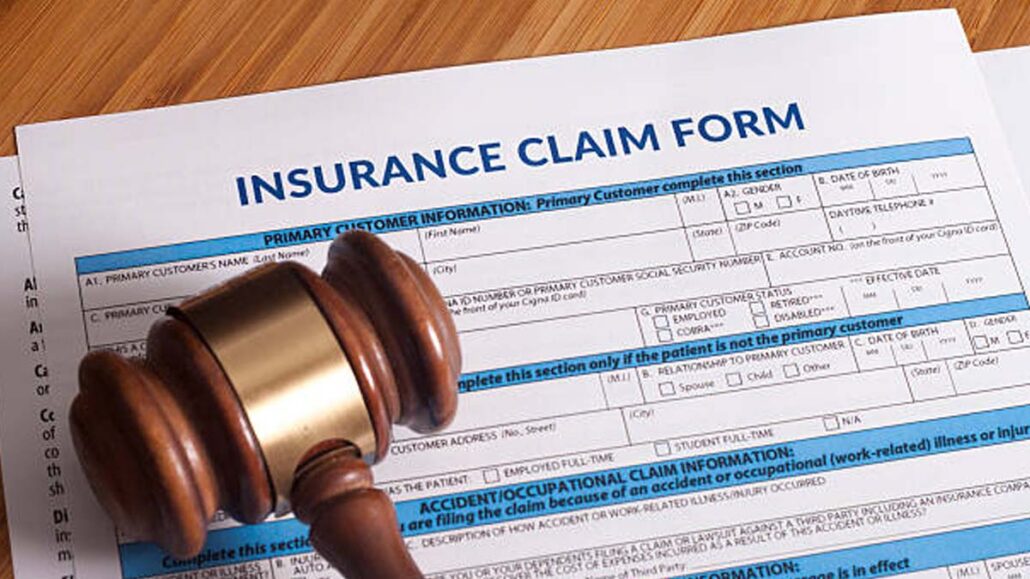Are Personal Injury Lawsuit Settlements Taxable? Receiving a personal injury settlement can be a significant financial event. However, one common question that arises is whether these settlements are subject to taxation. The answer is generally no, but there are specific exceptions that it’s essential to be aware of.

Under the Internal Revenue Service (IRS) guidelines, compensatory damages received for personal physical injuries or sickness are typically tax-free. This includes payments for medical expenses, lost wages, and pain and suffering. The purpose of this tax exemption is to compensate the injured individual for their losses and restore them to their pre-injury financial state.
The General Rule: Personal Injury Settlements Are Tax-Free
Under the Internal Revenue Code (IRC) Section 104(a)(2), damages received for personal physical injuries or physical sickness are generally excluded from taxable income. This means that the money you receive as compensation for your injuries, including medical expenses, lost wages, and pain and suffering, is typically not subject to federal income tax.
Exceptions to the Rule
While the general rule is that personal injury settlements are tax-free, there are a few exceptions:
- Punitive Damages: Unlike compensatory damages, punitive damages—which are intended to punish the wrongdoer rather than compensate the victim—are generally taxable.
- Interest on Settlements: If your settlement includes interest, the interest portion is typically taxable.
- State Taxes: While federal law generally excludes personal injury settlements from income tax, some states may have different rules. It’s essential to consult with a tax professional to understand the specific tax implications in your state.
State-Level Taxes
While federal law generally excludes personal injury settlements from income tax, state laws can vary. Some states may impose state income tax on personal injury settlements, especially if the settlement is considered a source of income within the state. It’s essential to consult with a tax professional or attorney familiar with your state’s laws to determine if your settlement is subject to state income tax.
Other Considerations
- Structured Settlements: If you receive a structured settlement with periodic payments rather than a lump sum, the tax treatment of each payment can vary depending on the terms of the settlement agreement.
- Medical Expenses: If you’ve already deducted medical expenses on your tax returns, a portion of your settlement may be taxable to offset the previous deduction.
Reporting Your Settlement
Even if your settlement is not taxable, you may still need to report it on your tax return. This is because the IRS requires you to report all income, including non-taxable income. However, you can typically claim an exclusion for the non-taxable portion of your settlement.
Consulting with a Tax Professional
Given the complexities of tax laws, it’s highly recommended to consult with a qualified tax professional to ensure that you are complying with all applicable tax regulations. A tax professional can help you:
- Determine whether your personal injury settlement is taxable.
- Calculate any taxable portion of the settlement.
- Prepare your tax return accurately.
- Provide guidance on any state-specific tax implications.
FAQs About Personal Injury Lawsuit Settlements and Taxes
Do I need to report my personal injury settlement on my tax return?
If the settlement is for physical injury or sickness and is not for punitive damages, you generally do not need to report it on your tax return. However, it’s always a good idea to consult with a tax professional to ensure you are complying with all tax laws.
What if I receive a settlement for both physical injury and emotional distress?
If the emotional distress is directly related to the physical injury, the entire settlement is typically not taxable. However, if the emotional distress is unrelated, the portion of the settlement attributable to the emotional distress may be taxable.
Can I deduct legal fees associated with my personal injury lawsuit?
Yes, you can typically deduct legal fees associated with your personal injury lawsuit as a miscellaneous itemized deduction. However, this deduction is subject to certain limitations and may be subject to phase-out rules.
What if I receive a structured settlement?
Structured settlements are typically treated as annuities for tax purposes. This means that only a portion of the settlement is taxed each year as you receive payments.
Are personal injury settlements subject to state income tax?
State tax laws vary, so it’s important to check your state’s specific rules regarding the taxation of personal injury settlements. Some states may exempt such settlements from state income tax, while others may impose a tax.
Conclusion
While the general rule is that personal injury settlements are not taxable, some exceptions and nuances can vary depending on your situation. By understanding the tax implications and seeking professional advice, you can ensure that you are handling your settlement in a way that maximizes your financial benefits.

